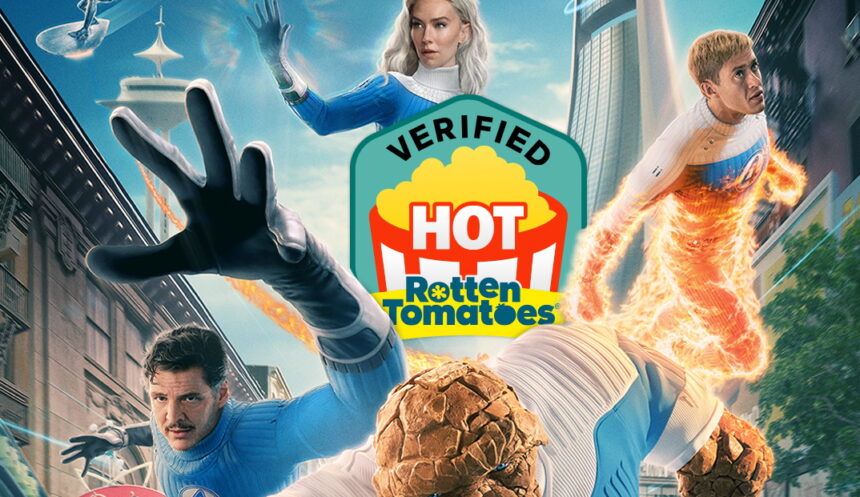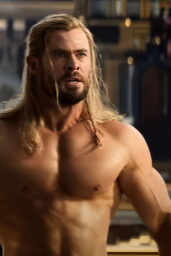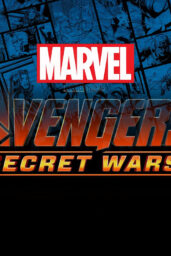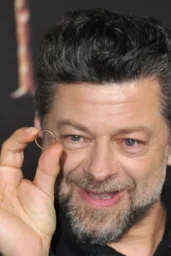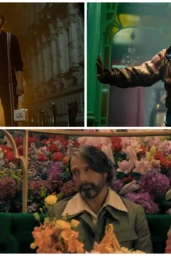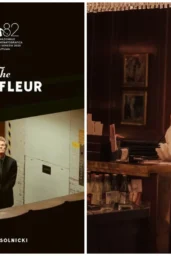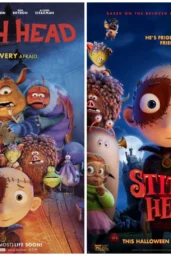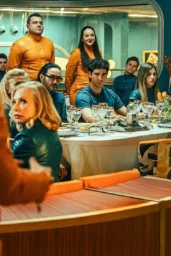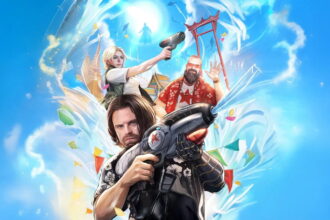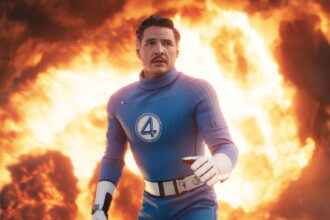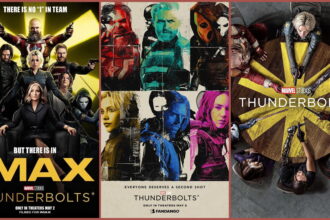Ninety-three percent. That's what happens when you stop treating superheroes like a corporate checklist and start remembering they're supposed to be, well, fantastic.
The Fantastic Four: First Steps has landed with over 2,500 verified audience ratings on Rotten Tomatoes' Popcornmeter, earning that impressive 93% score—matching Thunderbolts* and edging past Superman's 92%. More telling? It sits comfortably above Captain America: Brave New World's underwhelming 76%. Numbers don't lie, and these numbers suggest Matt Shakman understood something his predecessors missed entirely.
I've sat through four previous attempts at bringing Marvel's First Family to screens. Four. One never even saw daylight, which in hindsight feels like mercy. The others? Well, let's just say Tim Story's efforts and Josh Trank's notorious 2015 disaster made strong cases for leaving some properties alone. But Shakman—coming off his solid work on WandaVision—apparently saw what the rest of us have been waiting decades for: a director who actually reads Jack Kirby comics.
The 88% critics' score on the Tomatometer, based on 235 reviews, aligns remarkably well with audience sentiment. That kind of harmony doesn't happen by accident. It happens when filmmakers respect both the source material and their audience's intelligence. Kevin Feige's decision to position this as a standalone tale on a separate Earth was shrewd—no homework required, no Disney+ subscriptions needed to understand why Ben Grimm is made of rocks.
There's something refreshing about a Marvel film that doesn't feel obligated to set up seventeen future projects. The 1960s-inspired, retro-futuristic world Shakman creates gives Pedro Pascal's Reed Richards, Vanessa Kirby's Sue Storm, Joseph Quinn's Johnny Storm, and Ebon Moss-Bachrach's Ben Grimm room to breathe as characters first, action figures second. When your main villain is Galactus—a literal world-eater voiced by Ralph Ineson—you don't need to complicate things with multiverse nonsense.
The marketing campaign deserves credit here too. Marvel Studios positioned this as an event movie, not just another entry in an increasingly exhausting cinematic universe. Sometimes the old ways work: build anticipation, deliver spectacle, trust your story. The fact that it's resonating with audiences suggests people are hungry for superhero films that remember why we fell in love with the genre in the first place.
Julia Garner's Silver Surfer adds an intriguing wrinkle to the cosmic threat, while the supporting cast—including Natasha Lyonne and Paul Walter Hauser—seems to understand they're part of something larger than their individual roles. Even the loss of John Malkovich's Red Ghost due to time constraints doesn't feel like a creative compromise when the finished product works this well.
Josh Friedman, Eric Pearson, Jeff Kaplan, and Ian Springer's screenplay apparently found that elusive balance between spectacle and heart that's been missing from too many recent superhero outings. When audiences and critics agree this enthusiastically, it usually means the fundamentals are solid: character, story, visual coherence.
Will it crack the $400 million worldwide box office threshold that Thunderbolts* couldn't reach despite similar critical acclaim? Early signs suggest yes. The difference lies in positioning and audience appetite. The Fantastic Four carries decades of built-in goodwill and genuine curiosity about whether anyone could finally get them right. Shakman and his team seem to have answered that question definitively.
The film hits theaters July 25, 2025, and if these early audience reactions hold, Marvel Studios might have rediscovered something they'd been missing: the simple pleasure of a superhero movie that earns its fantastic title.

